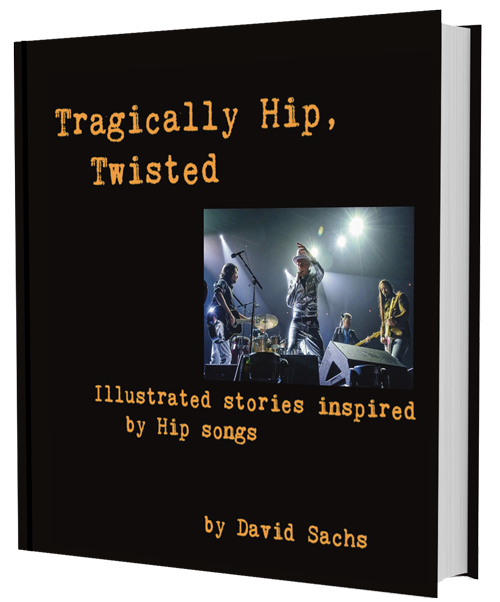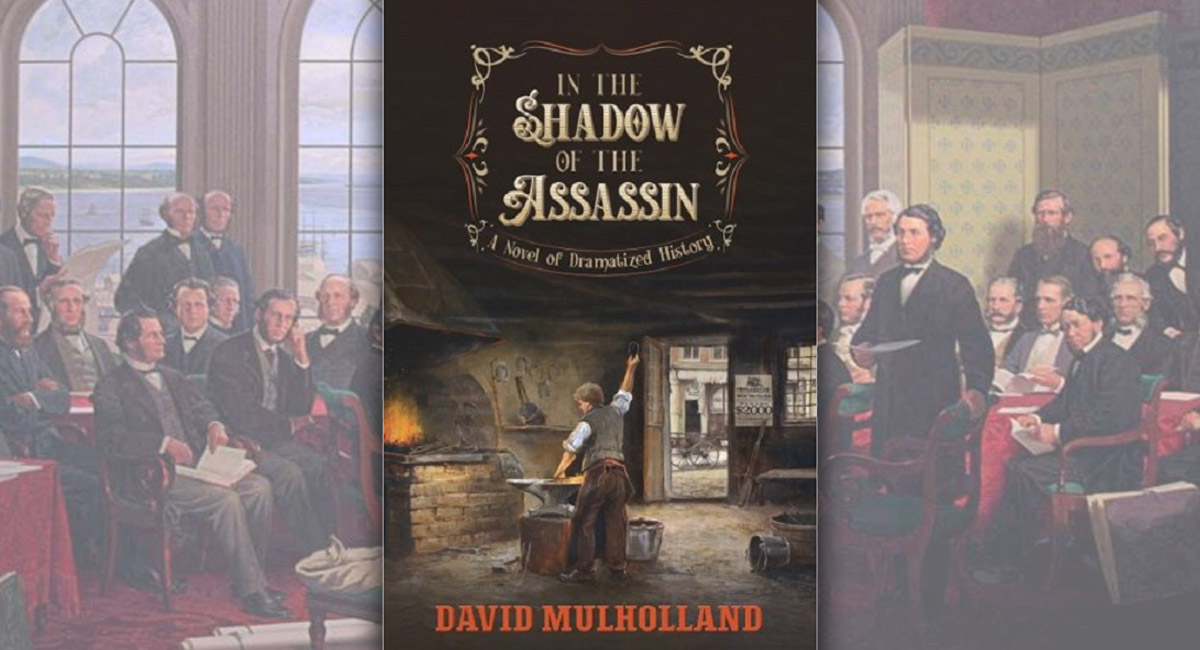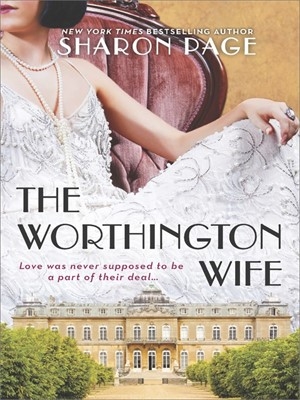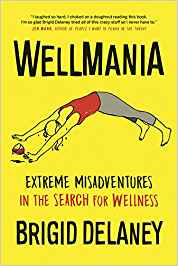
Book Review: Tragically Hip, Twisted
Tragically Hip, Twisted: Illustrated stories inspired by Hip songs
By David Sachs
154 pages • ISBN 978-0-9940102-6-1
Last year Gord Downie’s courage inspired many Canadians but for David Sachs the inspiration from Gord and the Tragically Hip hit him 15 years ago with an initial spurt of creativity that has become his second book.
“I have a strange hobby,” Sachs tells readers at the start of his new #1 best seller Tragically Hip, Twisted: Illustrated stories inspired by Hip songs. As the title suggests, he’s been fixated on taking beloved cuts from Canada’s house band and, well, twisting them up into fictional stories that shine an entirely new spotlight on some of the songs that have been the soundtrack to our lives.
The stories will take you from a 1633 tribal village to a high school cottage party outside of Winnipeg creating a Canadian landscape the band placed in so much of their music. With 14 studio albums to cull his 9 tales from, Sachs made an effort early on to weed out the tunes that were already stories themselves. A song like “Nautical Disaster”, for example, already painted such a sorrowful image of the sinking of the German battleship Bismarck but cuts like “Lionized”, “The Darkest One” and “Grace,Too” are cuts left for more open interpretations.
 “I think this is part of the reason Gord has been so interesting as a frontman: the songs have this expressionistic character that he can interpret I different ways,” explains Sachs.
“I think this is part of the reason Gord has been so interesting as a frontman: the songs have this expressionistic character that he can interpret I different ways,” explains Sachs.
Take “Looking for a Place to Happen”, a song from one of the band’s more popular albums Fully Completely. Downie sung here of a topic that would continue to be important to him later in life, the encroachment of Indigenous lands from Canada’s Native peoples. Sachs uses this theme in his short story, beginning on a single candle flickering light against the inside of a teepee skin. It tells of a possible moment in the life of Étienne Brûlé, brought to Canada as a boy by Samuel de Champlain to become the first European explorer to journey here beyond the St. Lawrence. Requested to live amongst the Hurons, he would later be spoken out against for his adoption of their customs.
“You’ve wasted your life Brûlé, but your soul can still be saved,” the young man is told in the text and in a solemn moment he foresees his later death by the very people who he spent so much time learning from. If you know your history, the tragic sense of a foreboding cloud hangs over Sachs story.
 “The idea was to take some ideas or images from the songs from one medium to another,” says Sachs, who has spent most of his life in Ottawa but now resides in Chelsea, Quebec. “It says something about how powerful their songs are that they leave so much space for new storytelling, and that there’s been so much interest in these new interpretations.”
“The idea was to take some ideas or images from the songs from one medium to another,” says Sachs, who has spent most of his life in Ottawa but now resides in Chelsea, Quebec. “It says something about how powerful their songs are that they leave so much space for new storytelling, and that there’s been so much interest in these new interpretations.”
Grace, Too is more a poem with only two lines that freeze a memory so perfectly you can almost smell the rain, feel the dampness on your face and hear the laughter of an unknown character, sharing in whatever joy she is partaking in. It’s not known and Sachs give you a chance to fill it all in between the lines.
“The thing is that if you have to wonder if you’re cool, then you’re probably not. So I used to wonder: how could people know they were cool?” asks the narrator of Little Bones (Happy Hour Is Here). He shares with the reader a story of fitting in and sexual awakening one hot summer when he was sixteen years old.
Locked in the Trunk of a Car, told in two variations in the book, leaves you wondering if the character is indeed trapped inside a steely prison or that created within his own mind. Put it Off becomes an impassioned apology told in a letter from a father to his estranged daughter.
Already established fans will enjoy the new slants to some of their favorite songs as well as the photos of Gord and the boys throughout the book. If you’re new to the Hip, this is a pretty unique introduction. Yes, the music leaves many avenues for the author to explore but he assures you that you don’t need the familiarize yourself with the Hips songs to enjoy the stories. It’s just preferable.
“The stories stand on their own…but for a unique musico-literary experience, I recommend listening to the respective songs, low, on repeat, while reading, just as I wrote it.”
Half the author proceeds from the book sales help raise funds for cancer research in Canada.









